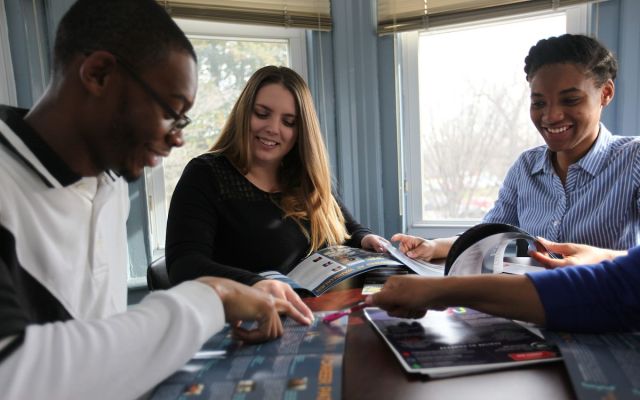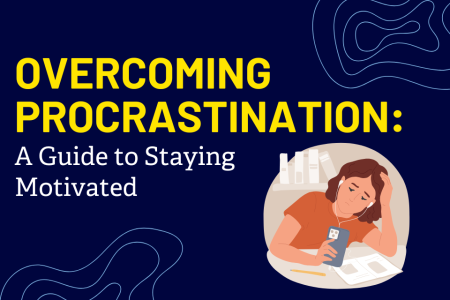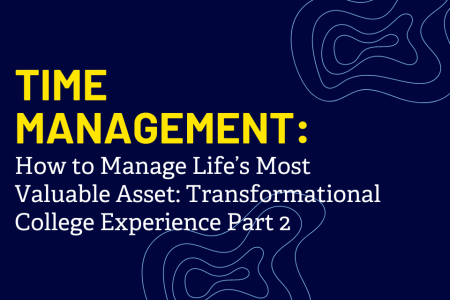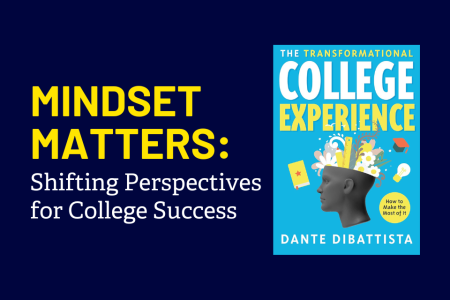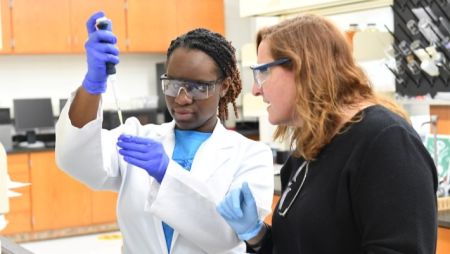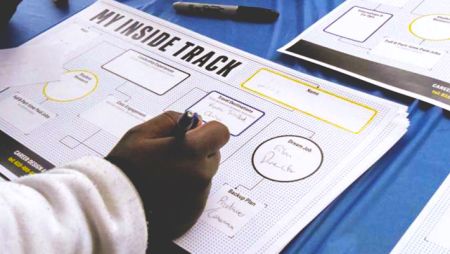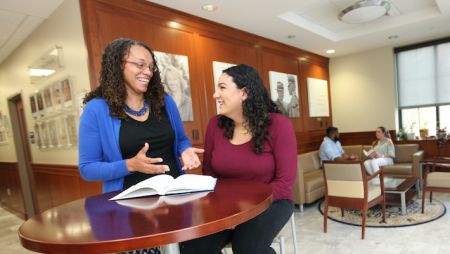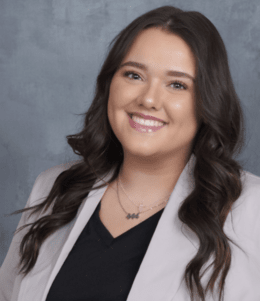When to Declare Your Major
We're here to keep you on track to meet your goals and graduate on time. While many students declare a major after their first year at Widener, you can remain in Exploratory Studies for up to four semesters.
In most cases, provided that you've shared all academic interests with your advisors, and successfully followed your curriculum ladder, you should be able to graduate in four years.
How to Declare Your Major
When you're ready to declare, you'll want to do the following:
- Make an appointment with your academic advisor to make sure you meet all the requirements to declare.
- Make an appointment with the assistant/associate dean or director's office of the department you're declaring in. Your advisors will help you determine who that person is.
- During your meeting with your new academic department, the Application for Change of Major/Minor form will be started. You'll need the appropriate signatures from your new academic department and the Associate Director of Advising on behalf of ES.
- Once the form is complete, it will be submitted to Enrollment Services, and you will complete a brief exit survey about your time in Exploratory Studies.
- Make an appointment with your new academic advisor. You can find who that is on your change form.
- Congratulations, you just declared your major! Be sure to make an appointment with your new academic advisor to learn all about what your major has to offer. You can also declare a minor at this time.
